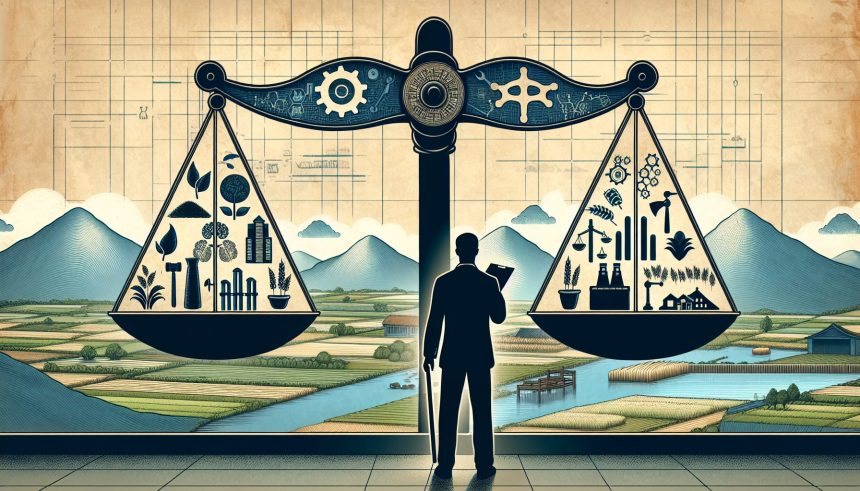Kristalina Georgieva, the International Monetary Fund (IMF) Managing Director, specified that China’s government stands at a crucial juncture where it must define its economic strategy. She suggested that maintaining a balance between rapid technological advancements and increasing debt proves vital for the world’s second largest economy.
Georgieva emphasized that China’s future growth leans heavily on the implementation of transparent and predictable business practices and encountering such challenges successfully could lead to a more robust economic model. She also stressed on the global impact of China’s economic decisions and the need for responsible fiscal policy.
Pro-market reforms could potentially propel China’s economy beyond its current track, resulting in a 20% boost in real economic productivity over the next 15 years according to Georgieva. These changes could bring considerable shifts in global trade patterns and capital flows. The reforms could also enhance domestic industries growth and solidify China’s position in the global economic stage.
The IMF Director suggested that the improvements could result in a US$3.5 trillion increase to China’s economy.
Balancing China’s growth: IMF director’s strategy
Such a significant increase could bridge the economic disparity between China and other leading economies, encouraging advancements in sectors such as technology, healthcare, and infrastructure.
However, Georgieva noted the challenges, including China’s real estate sector stabilization, risk management related to local government debt, low growth rates, and an aging population. She emphasized the importance of effective domestic policies for a balanced economic forecast and expressed confidence in China’s ability to address its issues.
Georgieva remained positive about China’s future, identifying China’s role in driving global economic growth. She praised China’s commitment to structural reforms that would aid in managing economic vulnerabilities, including corporate debt reduction, financial sector regulations, and long-term growth policies development.
The China Development Forum, a two-day annual event, included over a hundred foreign delegates, among which were CEOs from global corporations and financial institutions such as the IMF and World Bank. It served as a platform for dialogue between business leaders and Chinese officials, with discussions centering on global economic growth, financial system reform, technological innovation, and China’s new development blueprint.
Despite the current global health crisis, strict health measures ensured delegate safety, and the event saw a robust turnout, reaffirming China’s dedication to fostering collaboration with the international community. The success gives optimism for future events and shows China’s readiness to take part in global economic discussions.







